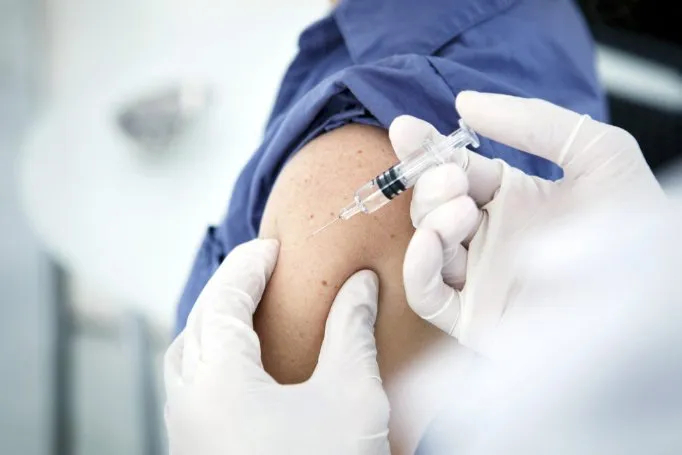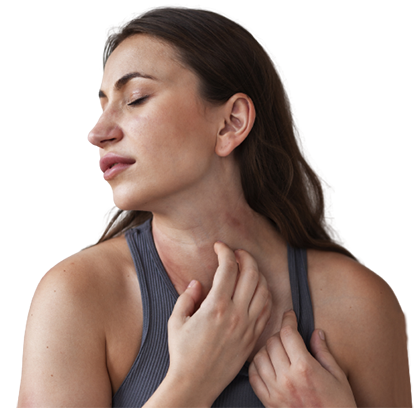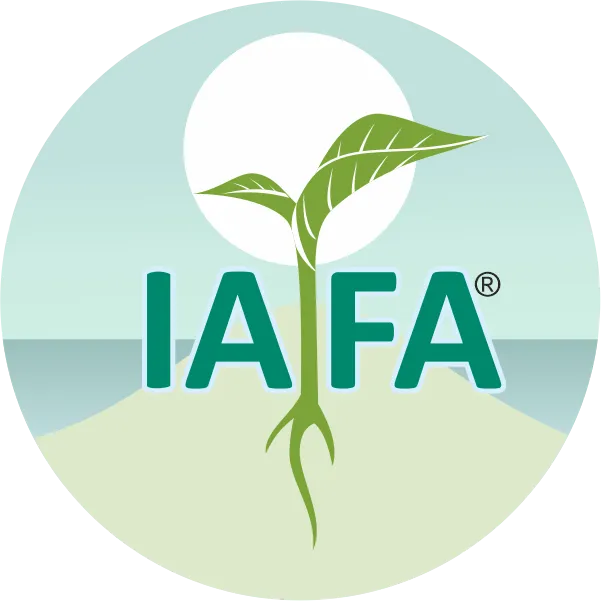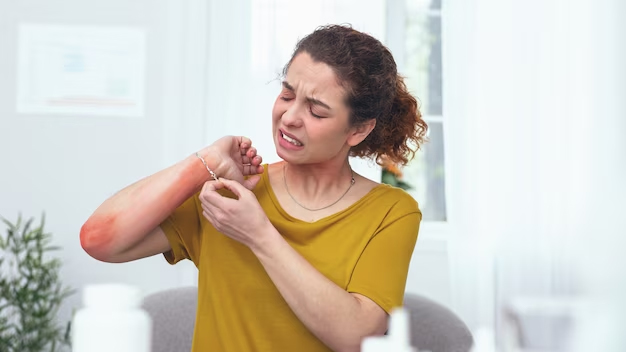On This Page
Biologics and Allergy
Knowledge about critical pathophysiologic mechanisms involved in allergic and respiratory disorders has led to the possibility of more targeted therapy or ‘‘precision medicine”. The successful use of biologic agents that target specific and critical pathways important in the pathogenesis of allergic and respiratory disorders in an individual is a challenge in treating allergic and respiratory diseases. Biologic therapies, as the name implies, are products derived in some way from living organisms. These treatments include a variety of vaccines, blood components and proteins that are either derived from natural sources or are synthesized in the laboratory.
Vaccines
There are a number of vaccine types which help protect against a large number of infectious organisms. Live attenuated vaccines use a live but weakened form of the microorganism (example: measles, mumps, rubella), while killed vaccines use organisms which have been inactivated in the laboratory (example: influenza). Toxoid vaccines contain a toxin which is normally made by a microorganism; these vaccines block the harmful, or toxic, effects of the infection (examples: diphtheria and tetanus). Bio-synthetic vaccines contain man-made substances that are similar to parts of the actual microorganism (example: Haemophilus influenza type B conjugate vaccine).
Blood Components
The most commonly used blood product is an infusion of packed red blood cells, which are administered to patients who have experienced acute blood loss. While plasma contains no cells, it is rich with blood proteins, and the three most important are albumin, globulins and fibrinogen. Globulins include immunoglobulins, which are antibody proteins produced by special immune cells (B-lymphocytes) and are key components in preventing infection. These immunoglobulins can be separated into immunoglobulins (Ig) A, M, G, D and E and are referred to as IgA, IgM, IgG, IgD, and IgE.
Proteins
Proteins useful for the treatment of diseases include a small number of naturally-occurring proteins called cytokines. Cytokines are proteins which the body uses to both activate and suppress immune cells which are involved in immune regulation and protection against infections. Interleukin-2 (Aldesleukin) is an approved therapy for certain cancers, while interferon gamma and interferon alpha are used as treatments for specific types of infectious illnesses and immunodeficiency states. Monoclonal antibodies, or MAbs, are laboratory-produced antibodies that target specific proteins that are involved in disease processes.
There are 2 major inflammatory pathways that drive allergic diseases: Type-2 (Th-2) inflammation and non-type 2 inflammation. All of the biologic medications currently approved for use, and most of the biologic medications under development for allergic diseases have focused on the Th-2 inflammatory pathway. Biologic targets along this pathway include Anti-Immunoglobulin E (IgE), Anti-Interleukin -5 (IL-5), Anti-IL 4, and Anti-IL-13. Although the most study has been done in the realm of severe asthma, biologic targets for other allergic diseases including atopic dermatitis, chronic rhino sinusitis with nasal polyposis, chronic idiopathic urticarial, eosinophilic esophagitis, and eosinophilic granulomatosis with polyangiitis are also there.
Some of the biologic therapies used in various diseases include:-
Asthma
Biologic agents developed for asthma therapy have focused on the type 2–high pattern of inflammation, probably because there are more readily available biomarkers that one can measure to identify these patients (e.g., blood eosinophils). Patients with type 2–low asthma are more difficult to characterize and identify, and type 2–low asthma is often described as asthma with the absence of type 2–high characteristics.
Ayurvedic View on Biologics and Allergy
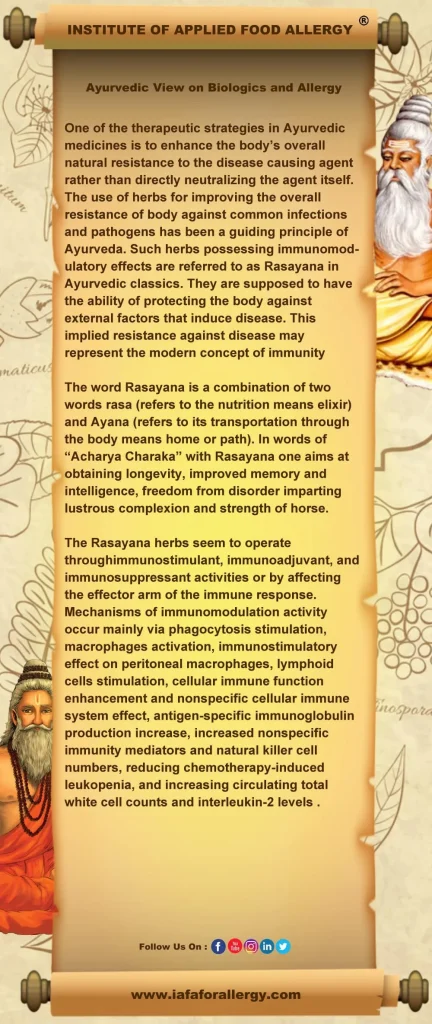
Nasal Polyps
Patients with eosinophilic or neutrophilic nasal mucosal inflammation have predominant T2 cytokine or T1 cytokine profiles, respectively. Therefore, as with asthma, attempts at treating nasal polyposis have focused primarily on biologics with capabilities of blocking critical T2-high pathways.
Atopic Dermatitis
Atopic dermatitis is an immunologically complex disease that may be disfiguring, intensely pruritic, and associated with increased infection risk, thereby significantly reducing quality of life. Patients with atopic dermatitis often have elevated levels of IgE. IL-4 and IL-13 are putatively important in the pathogenesis of atopic dermatitis. As a result, dupilumab has been investigated for the therapy of this disorder.
Urticaria
Patients with chronic urticaria experience recurrent episodes of pruritic hives, often associated with angioedema, for greater than 6 weeks. The intense itching and potentially adverse effects on appearance can significantly decrease quality of life.

“At Dr. Gupta’s IAFA we are providing awareness about developing a healthy life through the use of Rasayana therapy in Ayurveda. Institute of Applied Food Allergy® ensures that our health care system better meets the needs of all about your health”.
A healthy outside starts from the inside.!!! Dr. Gupta’s IAFA for your healthy future.
– Dr. Sahil Gupta (B.A.M.S., M.H.A.)
Ayurvedic Allergy Specialist
CEO & Founder of IAFA®
At last, Easier Biologics and Allergy Management

Trusted by
More than 90,000 Patients

Convenient
at-Home Treatments

9.2 / 10
Customer Satisfaction Score
Some Single Drugs Used as Rasayana include:-
- Kantakari (Solanum surattense)
- Vasa (Adhatoda vasica)
- Madhuyasti (Glycirrhiza glabra)
- Bharangi (Clerodendrum serratum)
- Pushkarmoola (Inula racemosa)
- Vibhitaka (Terminalia bellerica)
- Shati (Hedychium spicatium)
- Tulsi (Ocimum sanctum)
- Shirisha (Albizia lebbek)
- Haridra (Curcuma longa)
Commonly Used Rasayana Yoga’s in Allergies Include:-
- Chayavanprash Rasayana
- Chitraka Haritaki Rasayana
- Agastya Haritaki Rasayana
- Vyaghri Haritaki Rasayana
- Vasa Avaleha
- Pippali Rasayana
- Tuvaraka Rasayana
- Bakuchi Rasayana
Frequently Asked Questions
Question: What is Biologics and allergy?
Answer: Biologics are injections of medications that are made from antibodies that have been changed so the antibodies attack certain problems in an allergic disease instead of attacking bacteria/viruses the way antibodies normally would.
Question: What are the diseases in which Biologics are used for?
Answer: Mostly used in Asthma, atopic dermatitis, chronic rhino sinusitis with nasal polyposis, chronic idiopathic urticaria, eosinophilic esophagitis etc.
Question: What are the most common Biologics used?
Answer: The widest variety of available biologic agents includes omalizumab, mepolizumab, reslizumab, and dupilumab etc.
Was this Page Helpful?
So IAFA Root-Cause Treatment of Your Biologics and Allergy is Just 3 Steps Away!

01. Connect With Us
Share your history of illness or Book your appointment

02. Consult With Us
Dr. Gupta a certified Ayurvedic Allergist Consultant

03. Root Cause Treatment
Get an accurate diagnosis, medicines, diet & lifestyle change
Biologics and Allergy – Case Studies
Real Case Studies of Successfully Treated Patients from All Around the World by IAFA Ayurveda®
-
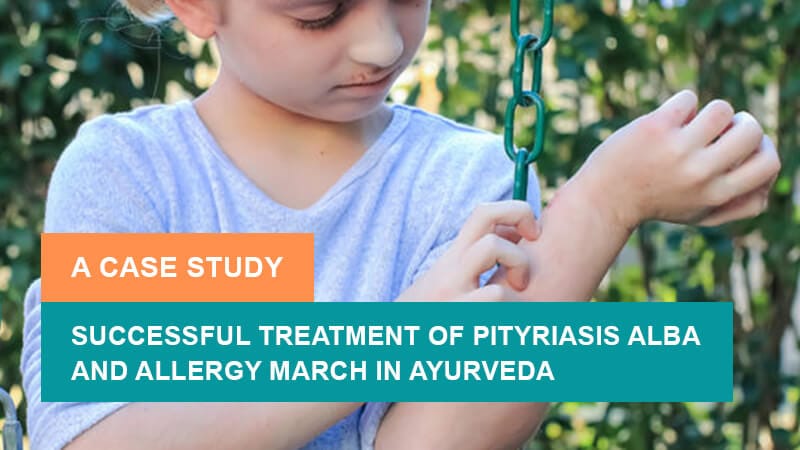
Successful Treatment of Pityriasis Alba and Allergy March in Ayurveda – A Case Study
It is a case study about successful treatment of Pityriasis Alba and…
-

Successful Treatment of Gallstones (Cholelithiasis) with Ayurvedic Medications – A Case Study
It is a case study about the successful treatment of Gallstones (Cholelithiasis)…
-
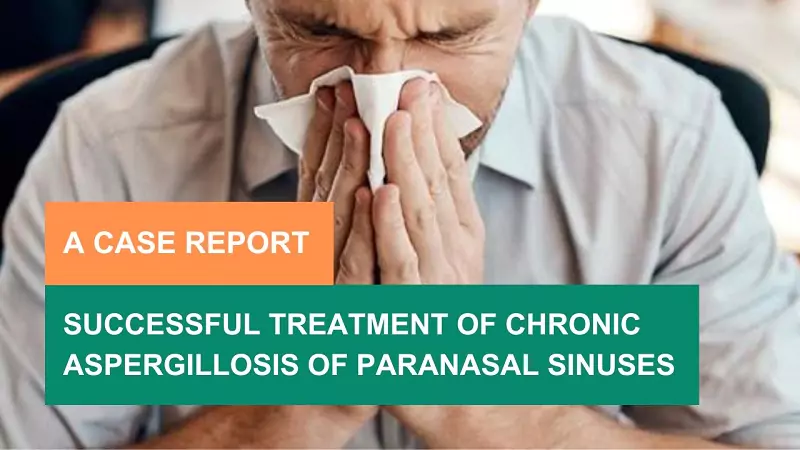
48-Year-Old Male Patient Got Relief from Chronic Aspergillosis of Paranasal Sinuses – A Case Study
Fungal infections can be treated with a high success rate by various…
-
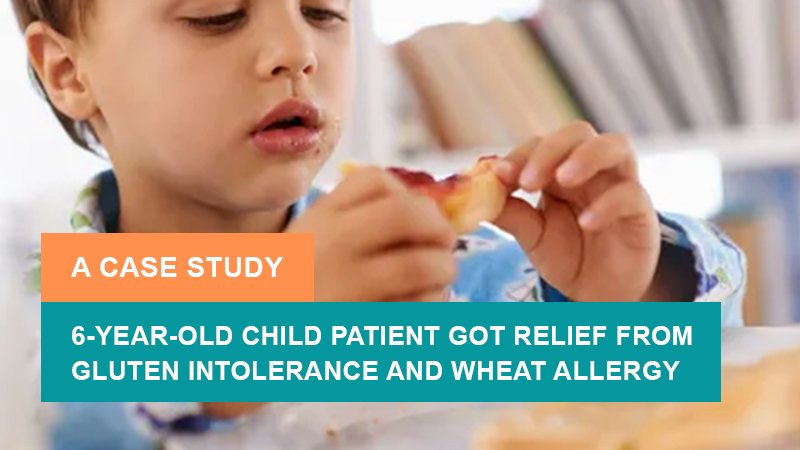
6-Year-Old Child Patient Got Relief from Gluten Intolerance and Wheat Allergy – A Case Study
It is a case study of a 6-year-old Child Patient who got…

